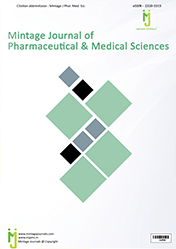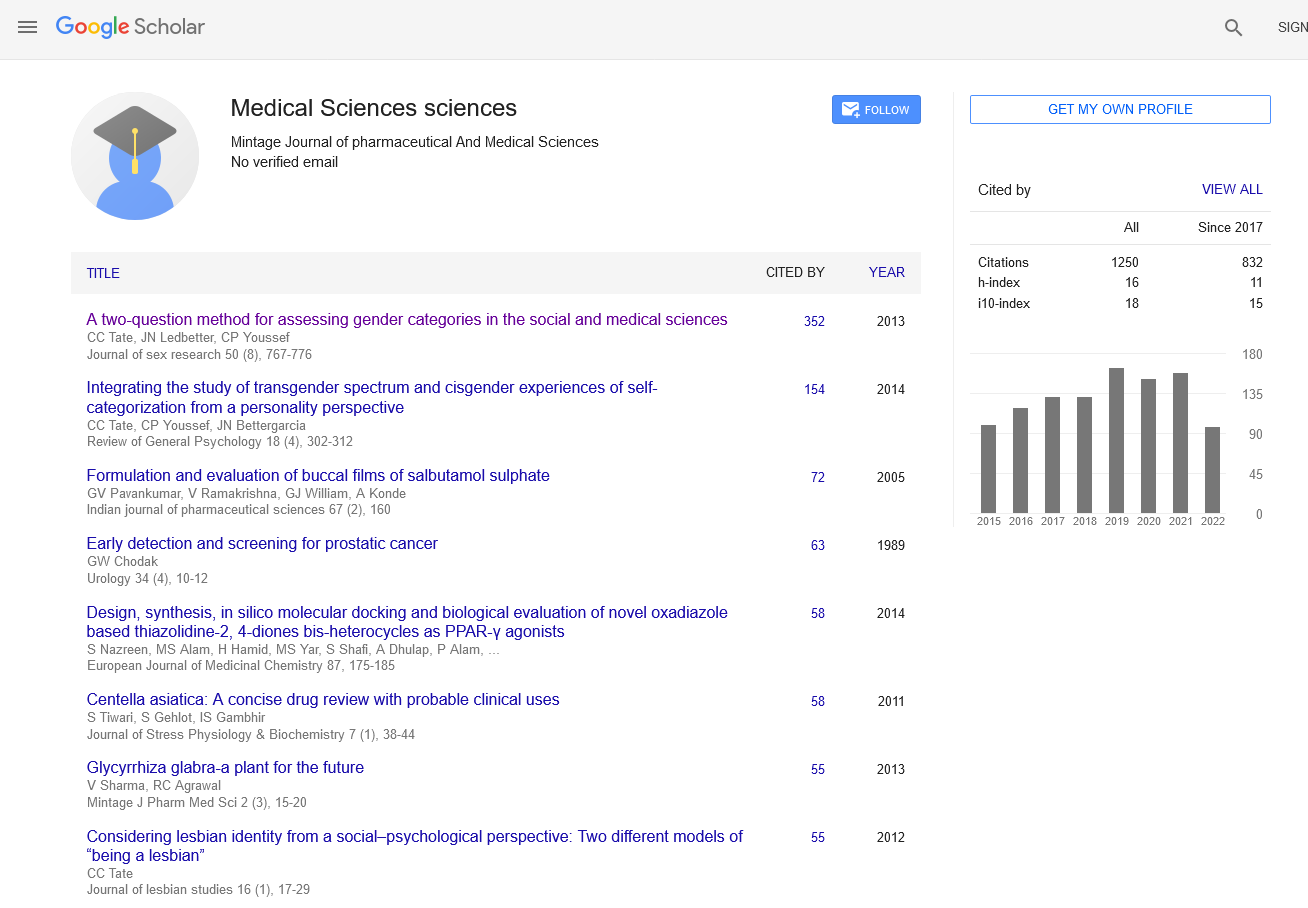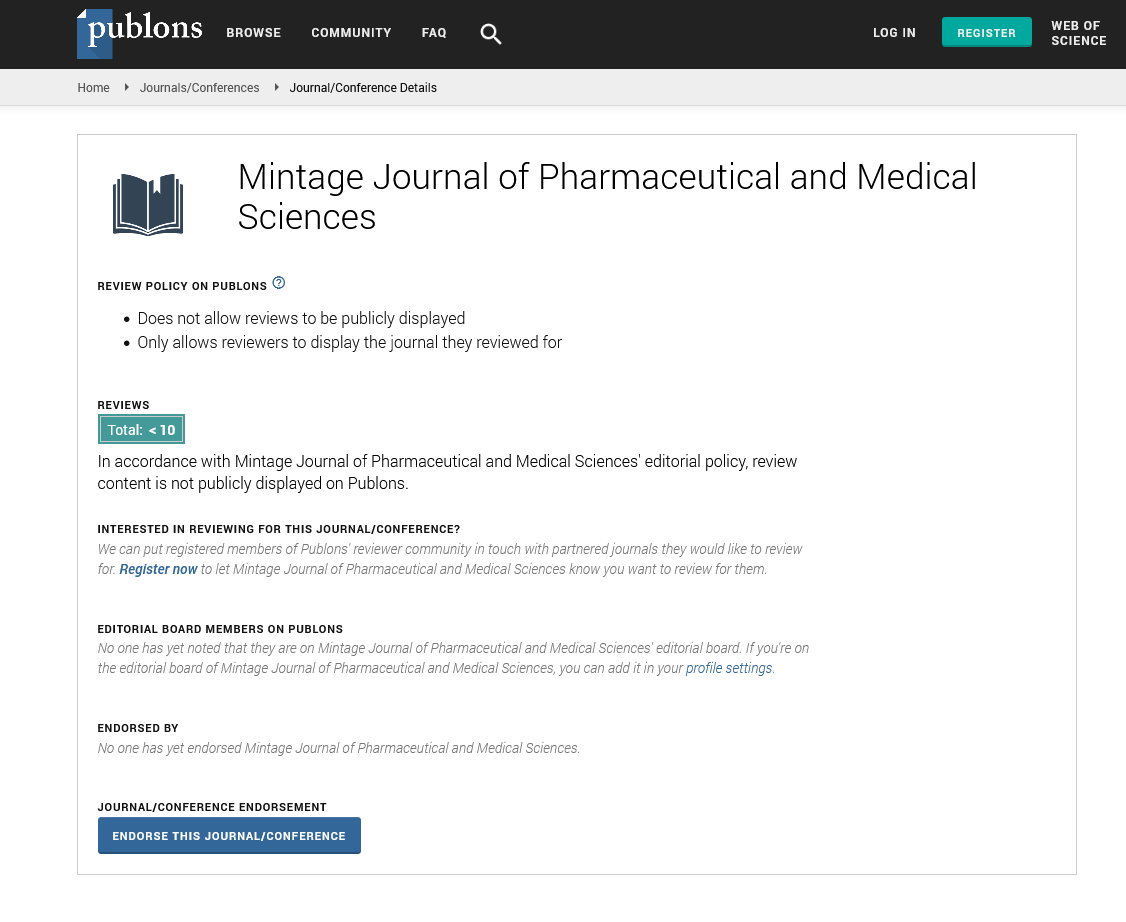BIOTECHNOLOGY OF PHARMACEUTICAL INTEREST: UNLEASHING THE POTENTIAL OF MODERN MEDICINE
Commentary - (2023) Volume 12, Issue 2
Description
Biotechnology has emerged as a transformative force in the pharmaceutical industry, revolutionizing drug discovery, development, and manufacturing. By harnessing the power of living organisms and their cellular machinery, biotechnology has paved the way for innovative therapies, personalized medicine, and improved healthcare outcomes. In this article, we explore the diverse applications of biotechnology in pharmaceuticals and its profound impact on advancing modern medicine.
Biotechnology, in the context of pharmaceuticals, involves the use of living organisms or biological systems to develop therapeutic products or processes. It encompasses a wide range of techniques, including genetic engineering, recombinant DNA technology, monoclonal antibody production, and gene therapy. These cutting-edge approaches allow scientists to manipulate and modify biological molecules to address complex medical challenges.
One of the most significant contributions of biotechnology to pharmaceuticals is the production of recombinant proteins and biologics. These are large molecules, such as hormones, enzymes, and monoclonal antibodies that are designed to mimic or augment the body’s natural processes. Biotechnology allows for the insertion of genes into host cells, such as bacteria or yeast, to produce these therapeutic proteins on a large scale. This breakthrough has resulted in the development of life-saving treatments for conditions like diabetes, cancer, and autoimmune disorders.
Another ground-breaking application of biotechnology is gene therapy. Gene therapy involves the introduction of healthy genes into a patient’s cells to correct genetic defects or replace faulty genes. This promising approach holds the potential to treat genetic disorders at their root cause and has shown remarkable success in certain rare diseases. As gene editing technologies like CRISPR-Cas9 continue to advance, gene therapy is poised to become an even more precise and effective tool in the fight against genetic disorders.
Biotechnology has also revolutionized the process of drug discovery and development. High-throughput screening and combinatorial chemistry, both driven by biotechnology, allow for the rapid testing of thousands of compounds and the identification of potential drug candidates. These techniques have significantly accelerated the drug development process, reducing the time and cost required to bring new medications to market.
Personalized medicine is another area where biotechnology has made significant strides. By analyzing an individual’s genetic makeup, researchers can identify genetic variations that may impact drug response or disease susceptibility. This knowledge enables the development of tailored treatment plans, ensuring that patients receive medications that are most likely to be effective and safe for their unique genetic profile.
Furthermore, biotechnology plays a vital role in the production of vaccines. Recombinant DNA technology allows for the creation of safer and more effective vaccines by using harmless parts of pathogens to trigger an immune response. Biotechnology has been instrumental in the development of vaccines for diseases such as hepatitis B, human papillomavirus (HPV), and COVID-19.
In conclusion, biotechnology of pharmaceutical interest has revolutionized modern medicine, offering a wide array of innovative treatments and therapies. From producing recombinant proteins and biologics to enabling gene therapy and personalized medicine, biotechnology continues to push the boundaries of what is possible in healthcare. As the field advances, it is essential to address the challenges and embrace responsible innovation to ensure that the potential of biotechnology is harnessed to benefit all of humanity, improving health and transforming lives.
Acknowledgement
The authors are very thankful and honoured to publish this article in the respective Journal and are also very great full to the reviewers for their positive response to this article publication.
Conflict Of Interest
We have no conflict of interests to disclose and the manuscript has been read and approved by all named authors.
Author Info
Clarie Marshal*Received: 30-May-2023, Manuscript No. mjpms-23-108284; , Pre QC No. mjpms-23-108284(PQ); Editor assigned: 01-Jun-2023, Pre QC No. mjpms-23-108284(PQ); Reviewed: 15-Jun-2023, QC No. mjpms-23-108284; Revised: 20-Jun-2023, Manuscript No. mjpms-23-108284(R); Published: 27-Jun-2023, DOI: 10.4303/mjpms/236043
Copyright: This is an open access article distributed under the terms of the Creative Commons Attribution License, which permits unrestricted use, distribution, and reproduction in any medium, provided the original work is properly cited.

ISSN: 2320-3315
ICV :81.58

